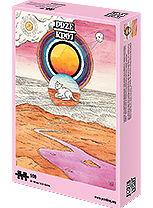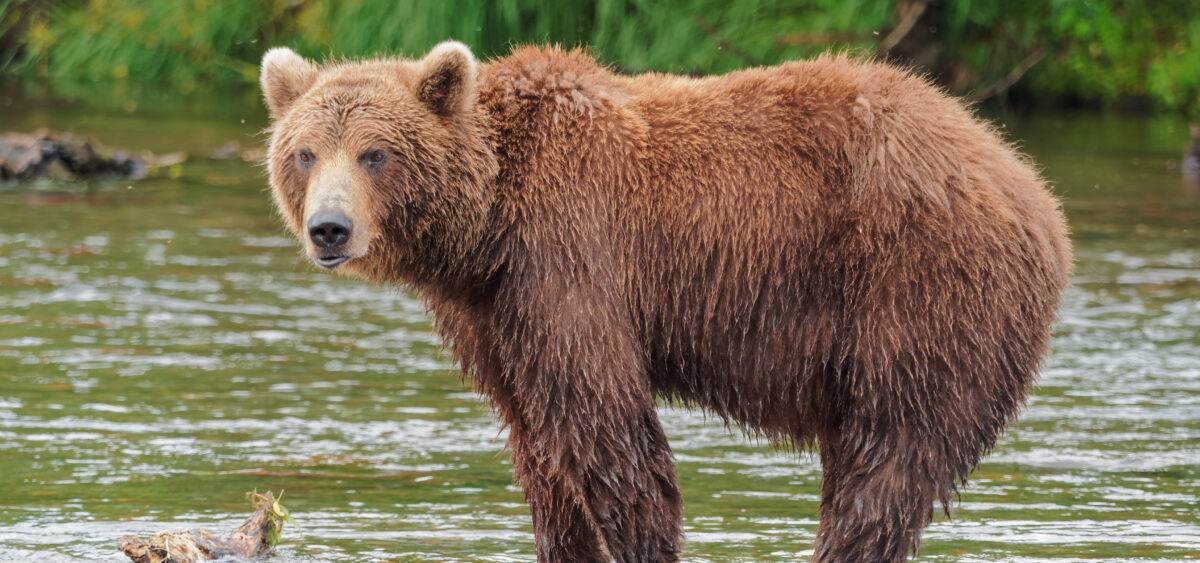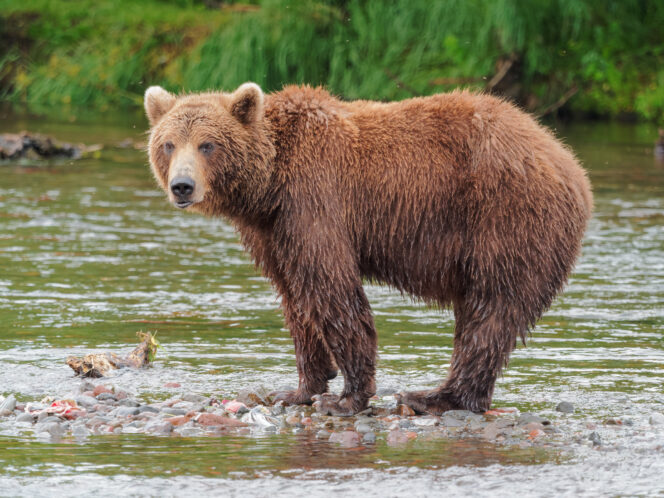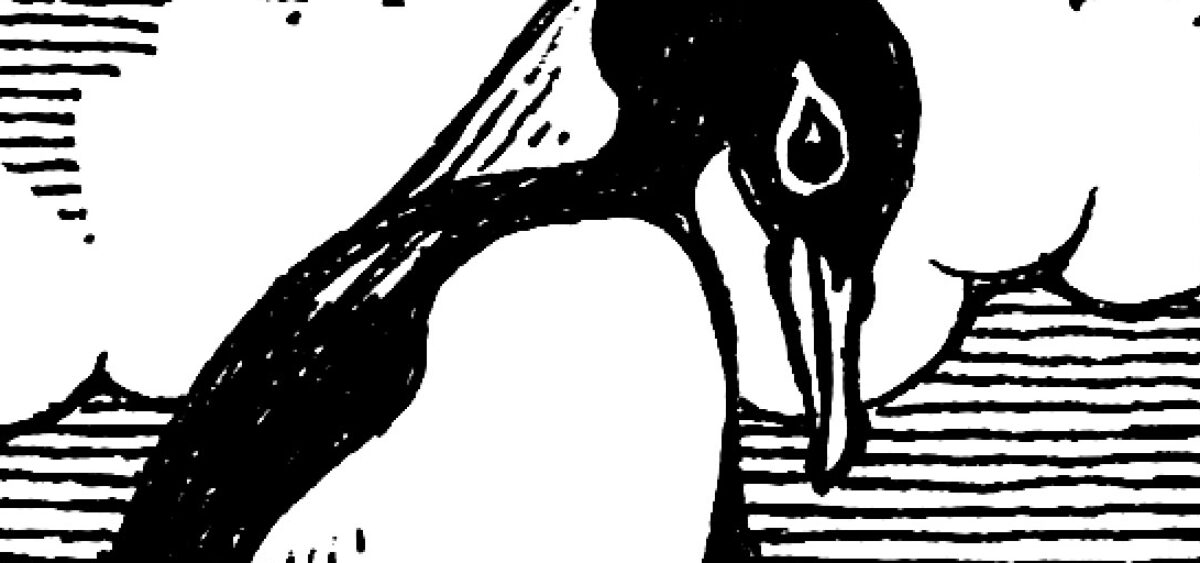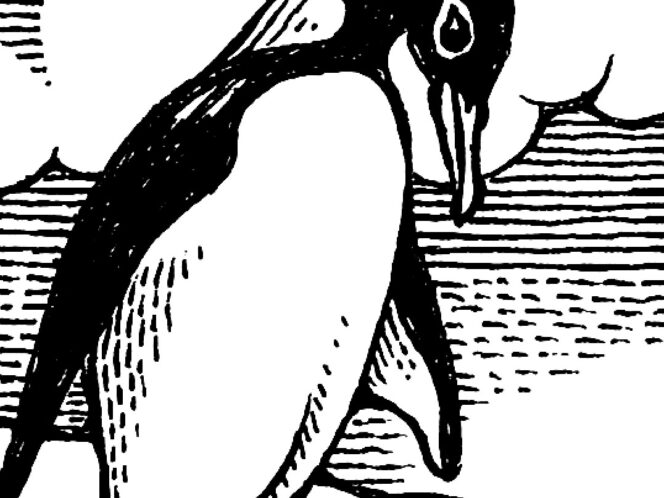
They never go to the doctor, but they still know how to cope with diarrhoea, fight parasite infections, and even induce labour. Many animals exhibit a kind of behaviour called zoopharmacognosy – they know how to self-medicate, for instance by eating fruit, clay, or taking ant baths.
Chausiku, a female chimpanzee, was clearly sick. She left her son, Chopin, under the care of another female and wandered away from the troop. She began to pull off the shoots of a certain plant and chew on them, sucking out the juice. Michael Huffman, a scientist who had just started working in the Mahale Mountains National Park in Tanzania, was astounded by Chausiku’s behaviour: chimps had never been seen to eat that plant before. He asked another member of his team (a man named Mohamedi Seifu Kalunde from the nearby Tongwe people) about the plant, called Vernonia amygdalina. He was told that the bitter-tasting plant was regarded by the Tongwe as a powerful medicine, used to treat stomach ailments and parasite infections. “But could a chimp actually know about its medicinal properties?” the scientist wondered. 24 hours later, he was certain: Chausiku knew what she was doing, and it worked. Her condition improved. She regained her appetite and resumed care of her infant.
The wild boar knows which herb will cure it
“People observed cases of self-medication among animals long before Huffman’s discovery,” says Professor Tadeusz Kaleta of the Faculty of Animal Science, Warsaw University of Life Sciences (SGGW). In his paper “Samoleczenie u dziko żyjących kręgowców” (“Self-Medication in Vertebrates in the Wild”), published in the journal Życie Weterynaryjne in 2005, he cites an old Chinese story about a farmer from the Yunnan Province who once tried to kill a snake with


